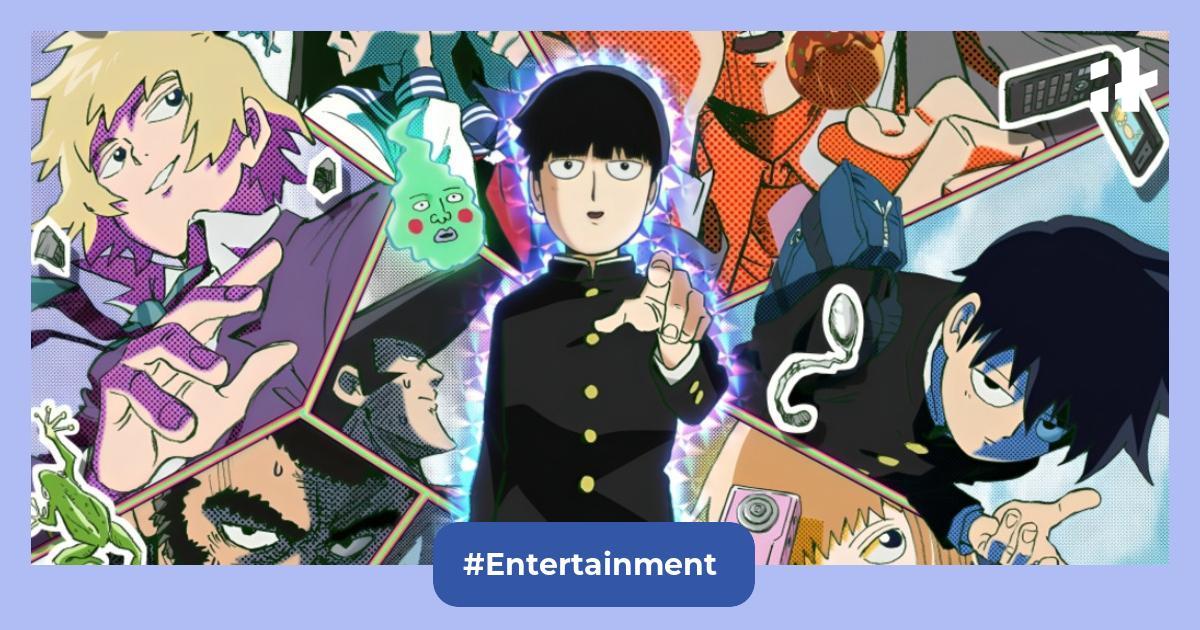James Arthur Ray, an Oprah-endorsed motivational speaker who spent two years in prison for manslaughter after the 2009 deaths of three people in a sweat lodge, the culmination of a three-day spiritual program he ran in the Arizona desert, died on Jan. 3 in Henderson, Nev. He was 67.
His brother, Jon Ray, announced the death on social media. He did not say where in Henderson Mr. Ray died or cite a cause, but he did say the death was unexpected.
Mr. Ray was struggling to succeed as a motivational speaker when he appeared in “The Secret,” a 2006 documentary made by the Australian television producer Rhonda Byrne. The “secret,” which Mr. Ray and others espoused, was the idea that positive thinking can literally make the world shift in your favor.
Things began to move quickly for Mr. Ray. He appeared on Oprah Winfrey’s show, where she lavished praise on him. Within months he was standing in front of sold-out crowds of hundreds, then thousands. In 2008 he published “Harmonic Wealth: The Secret of Attracting the Life You Want,” written with Linda Sivertsen, which reached The New York Times’s best-seller list.
He was, Fortune magazine declared in 2008, “the next big thing in the highly competitive world of motivational gurus.”
Mr. Ray blended self-help and professional development with a dollop of mysticism — a potent mix of Tony Robbins, Stephen Covey and Deepak Chopra. He was tall and charismatic, with an easy smile and just the right amount of self-deprecation to win over a crowd.
He offered a hierarchy of courses, each more expensive than the last, culminating in “Spiritual Warrior,” a $10,000 retreat near Sedona, Ariz. After a series of endurance exercises, including extended fasting, participants spent hours in a sweat lodge, where temperatures soared above 150 degrees.
Mr. Ray presented “Spiritual Warrior” several times, and some past participants had raised questions about whether he or his staff members had sufficient training to run a sweat lodge.
Still, no one was prepared for what happened on Oct. 8, 2009. Mr. Ray packed about 50 people into a temporary structure made of a round wood frame covered in tarps, measuring about 25 feet in diameter and only five feet at the center. He poured gallons of water over fire-heated rocks, filling the lodge with hot steam.
Though he told participants they could leave at any time, many said later that they felt pressured by him to stay. Eventually the conditions inside grew unbearable, and the crowd flooded out; many people collapsed on the ground.
Someone called 911; one first responder later said that the scene looked like the site of a mass suicide. Twenty-one people were taken to the hospital.
Three of them died — James Shore and Kirby Brown were declared dead on arrival, while Liz Neumann died nine days later. Mr. Ray was arrested shortly afterward on manslaughter charges.
The story became national news in a season of scandals; it shared headlines with the “balloon boy” hoax, in which Colorado parents falsely claimed their son was trapped in a large helium balloon, and the trial of Amanda Knox, an American student who was found guilty in an Italian court of murdering her roommate. (Her conviction was overturned in 2015.)
Mr. Ray’s trial unfolded in the spring of 2010 and ended with his conviction on three counts of negligent homicide. The judge sentenced him to two years in prison.
James Arthur Ray was born on Nov. 22, 1957, in Honolulu, where his father, Gordon Ray, was serving in the Navy. The family later moved to Tulsa, Okla., where his father became a preacher and his mother, Joyce (Schott) Ray, managed the home.
Mr. Ray said the family was so poor that they lived in an office attached to his father’s church. But he also said his father’s skill as a minister inspired his later career.
“He was very charismatic,” Mr. Ray said in an interview for the CNN documentary “Enlighten Us: The Rise and Fall of James Arthur Ray” (2016), directed by Jenny Carchman. “He really could touch his congregation. He was my first wow.”
Mr. Ray attended Tulsa Community College but left before finishing his degree. He went to work for AT&T, starting as a telemarketer and moving up to training and junior management.
Part of the company’s training program relied on the work of Mr. Covey, a professional-development expert and speaker and the author of “The 7 Habits of Highly Effective People” (1989). Mr. Ray decided he could do something similar, and he left AT&T to found a company called Quantum Consulting.
Motivational speaking is hard, often thankless work, with most practitioners scraping by in front of luncheon crowds in Holiday Inn conference rooms. For more than a decade, that was Mr. Ray, too — until Ms. Byrnes included him in “The Secret.”
By then he had moved beyond self-help talk to include New Age philosophy and mysticism. He spoke of lessons learned from a Peruvian shaman and a Hawaiian spiritual guide. Audience members paid thousands of dollars to hear him, often over several long days in vast conference halls.
Those willing to pay even more were taken far beyond the conference center, on retreats that often involved intense physical and psychological exercises — leading to “Spiritual Warrior.”
Along with his brother, Mr. Ray’s survivors include his wife, Bersabeh. Information on other survivors was not immediately available.
Mr. Ray was released from prison in 2013, and by the next year he was once more speaking professionally.
He was upfront in discussing the events of October 2009 with his audiences. And he agreed to be interviewed at length by Ms. Carchman for “Enlighten Us.”
“I am responsible,” he said about the sweat-lodge disaster.
At the end of the film, he added: “It had to happen, because it was the only way I could explore and learn and grow through the things that I’ve done. Am I drinking the Kool-Aid? Maybe, but the Kool-Aid works for me.”






